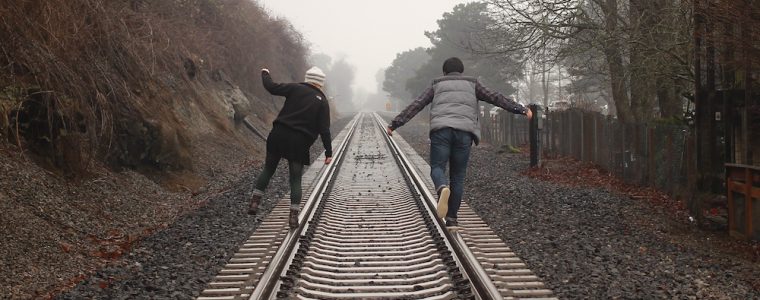
According to the UK National Statistics Office, only in 2015 the country adopted 630,000 immigrants. It’s a little more than entire population of Glasgow. Or one and a half of Manchester. On the one hand, these people brought a part of their lives with them. Due to migration image of the country and its culture are changing. But immigrants themselves change a lot more. After moving they have to go through long and difficult, but to a certain extent an exciting process of adaptation to new society.
Firstly, I want to say that no matter how desired and long-awaited moving to another country was, it is perceived by our consciousness primarily as a stress. Human is a very complex system. The same event may be related to a whole range of emotions: interest, joy, sadness, offence. And sense of loss is natural state for those who have so dramatically changed their lives.
Perhaps you are familiar with Kübler-Ross theory of loss survivance five stages (denial, anger, bargaining, depression, and acceptance). In the light of this theory, some psychologists (e.g. Peter Adler), look also at the process of adaptation when moving to another country.
The first phase which immigrant pass is often called a honeymoon period or a euphoric stage. A person is looking through rose-colored glasses at the new life. Immigrants only accumulate internal recourse for future difficulties adoption.
The second stage is frustration and anger. At this time, person is usually aware that a new life is associated also with new rules. The immigrants know that they will have to change their usual lifestyle, but still feel resentment and irritation because of this. “Tourist” period is over – you need to learn how to pay bills, make GP appointments, open a bank account. Rose-colored glasses are broken, and in the light of new challenges a person tends to see himself as a failure. Many people feel homesick and are looking for someone to speak in their native language.
The third stage is sometimes called a reintegration. At this time, immigrants accept some aspects of their new life. But inside they still want to “set up” their current life to their past experience. Some people start to claim that everything is “stupidly arranged” here and everybody is “doing everything wrong”. Some tend to thoughtless and impulsive actions at this stage – as if they are trying to adapt through a riot or to prove something to their new society.
The fourth stage can be called a recovery. Exactly at this stage the immigrant is learning a lot about adopting to the new life and seems to “digesting” it. At this time it is very difficult to do something, and any motivation disappears. People may want just to sit at home and do familiar and comfortable things. And only after understanding a new life, their place in it and accepting the changes, people gradually hatch from their shell and go to the next step.
At the last, fifth stage, immigrant has fully accepted a new life and ready for further development in the new situation.
Duration of each stage can be different, but all the way takes from two to ten years. Sometimes a person is “stuck” at some stage, and it may be difficult to move on. It can be connected to previous experience or special difficulties in overcoming some obstacles. But it is important to understand that there are no “bad” stages which “would be good to jump over”. All stages are necessary for adequate integration into new environment, and for the full adoption of a new life. I want to add from myself that this process can be easier to go through. Try to to seek resource in hobbies, to communicate a lot with like-minded people (from both new country and past life) and to compare everything with the past as little as possible. Remember, even during adaptation process people can have a lot of pleasant and happy moments. And at the end of these stages you will have an interesting and exciting life at a new location.
